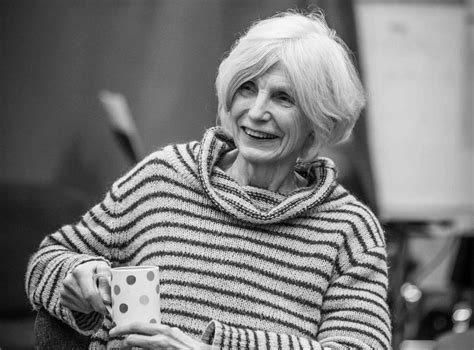A Quote by Joyce Carol Oates
I don't teach literature from my perspective as 'Joyce Carol Oates.' I try to teach fiction from the perspective of each writer. If I'm teaching a story by Hemingway, my endeavor is to present the story that Hemingway wrote in its fullest realization.
Related Quotes
When I admire a writer, it's for the recognizable palette - Hemingway's minimalism, the dialogue, those isolated bar scenes. But with each story or novel, he shows me something different within the framework he's built - like noticing that there's a chair in the corner I didn't see in another story.
To really talk about African story, and teach this story, you have to teach that tribes were actually nations. You have to teach that chiefs were actually kings, with kingdoms. You have to teach that there was a structure that worked in Africa prior to colonialism. You have to teach that countries were colonized that were doing fine by themselves. And that's uncomfortable.
Do you think that Hemingway knew he was a writer at twenty years old? No, he did not. Or Fitzgerald, or Wolfe. This is a difficult concept to grasp. Hemingway didn't know he was Ernest Hemingway when he was a young man. Faulkner didn't know he was William Faulkner. But they had to take the first step. They had to call themselves writers. That is the first revolutionary act a writer has to make. It takes courage. But it's necessary
I think I succeeded as a writer because I did not come out of an English department. I used to write in the chemistry department. And I wrote some good stuff. If I had been in the English department, the prof would have looked at my short stories, congratulated me on my talent, and then showed me how Joyce or Hemingway handled the same elements of the short story. The prof would have placed me in competition with the greatest writers of all time, and that would have ended my writing career.
I teach a 14-week semester, and one of the things I do when I have to teach literature is, for the first half hour of the class, I have the students write the beginning of a new story every week. At the end of the semester, even if they have learned nothing about literature, at least they'll have 14 beginnings that they can take with them.
I remember that the single most vicious letter I ever read was the letter Hemingway wrote Scribners when they asked him to give a blurb for From Here to Eternity. It's there, in the Selected Letters for all to read, an example of a once great writer at his very worst. I doubt that he ever forgave Scribners for publishing James Jones in the first place. War, as Hemingway saw it, belonged to him.





































